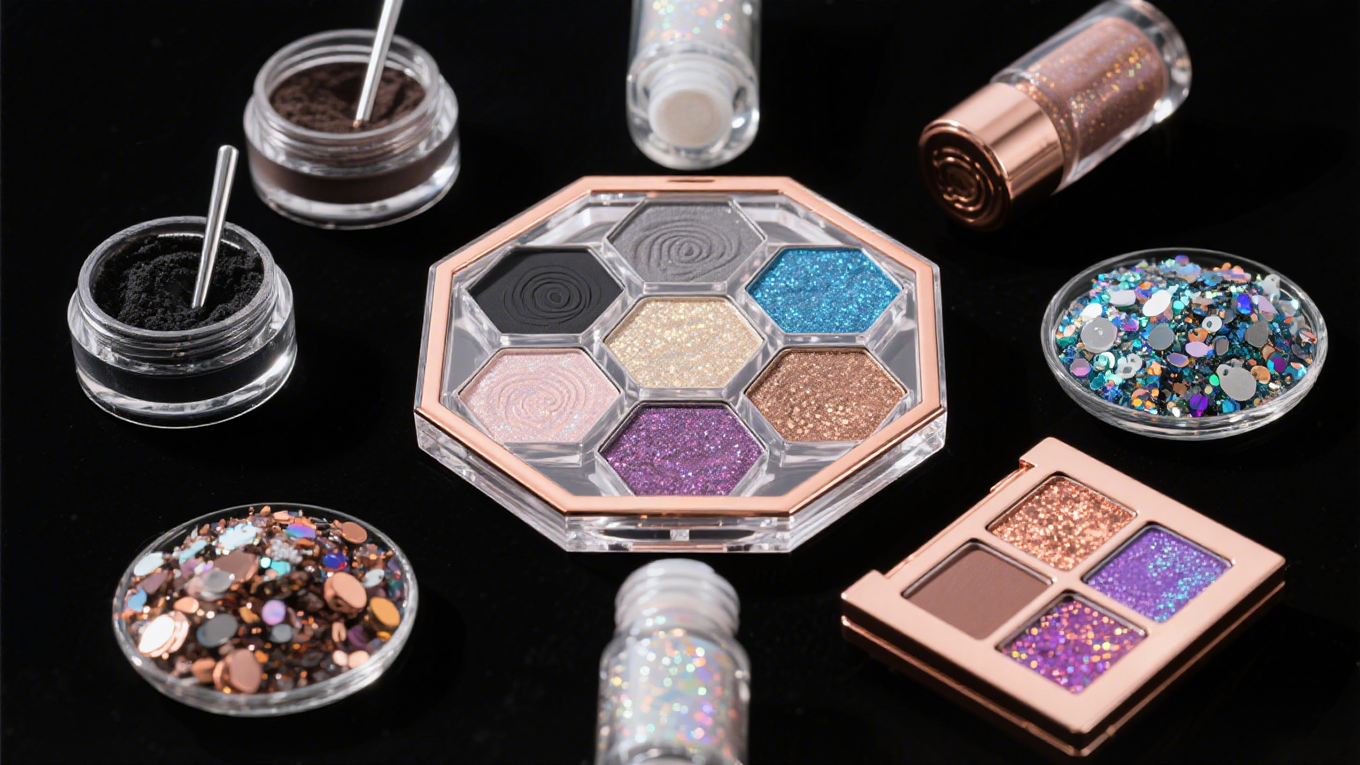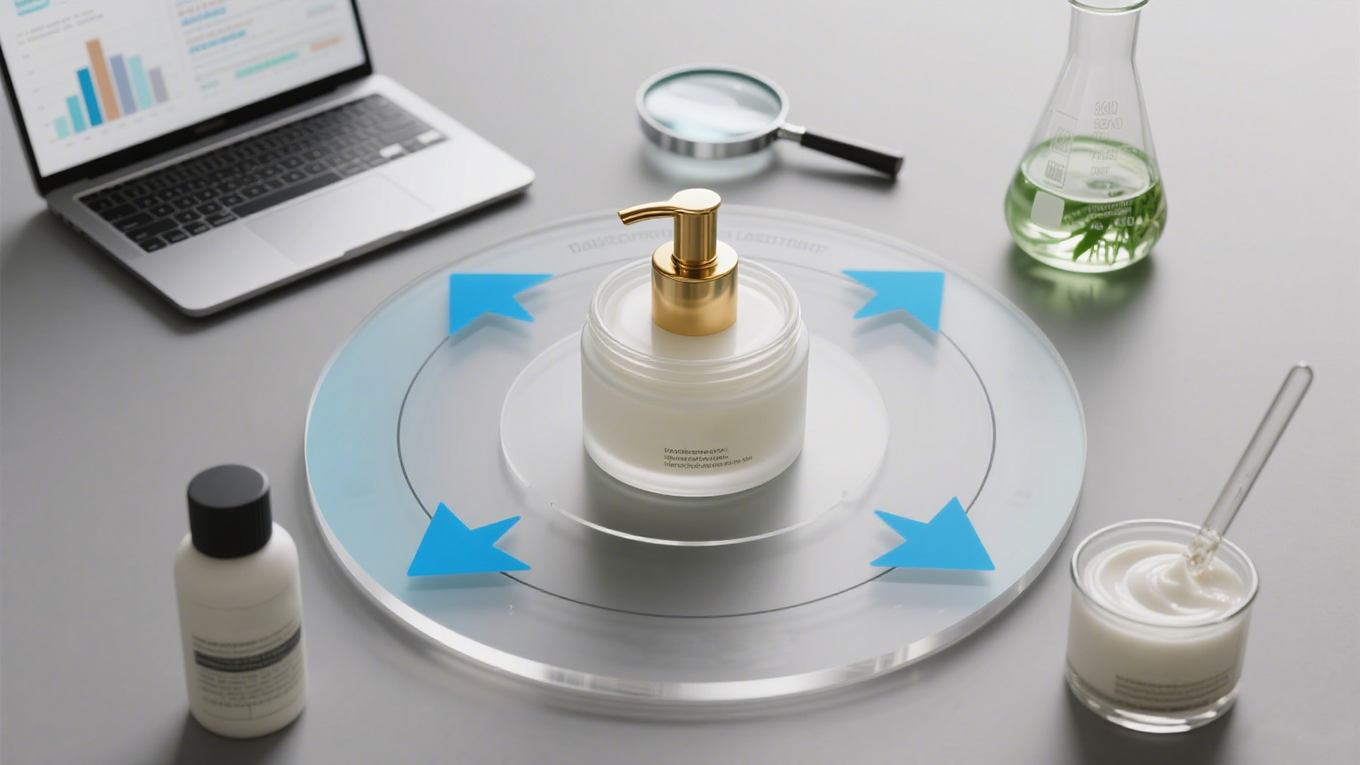Launching your own private-label sunscreen? It’s a smart move—but success depends on strategy, safety, and standout branding. This guide walks you through the same structure as the original article to help you build a compliant, desirable, and differentiated sunscreen line.
1. Market Research & Identifying Your Niche
-
Growing Awareness: Sunscreen has become a daily necessity—not just for summer—driven by UV damage prevention and health consciousness.
-
Key Trends:
- Mineral-based, reef-safe formulas remain in high demand.
- Tinted sunscreens for diverse skin tones eliminate traditional white cast issues.
- Multi-functional SPF products that address blue light, pollution, and hydration are gaining traction.
- Waterless and stick formats appeal to eco-conscious, on-the-go consumers.
Keywords to Use: private label sunscreen, reef-safe sunscreen, broad spectrum SPF, tinted mineral sunscreen, waterless sunscreen sticks.
2. Product Formulation Essentials
-
Mineral vs. Chemical Filters:
- Mineral (Zinc Oxide, Titanium Dioxide): Gentle, reef-safe, yet can leave a white cast.
- Chemical Filters: Lightweight and clear but sometimes environmentally problematic.
-
Key Features to Formulate:
- Broad-spectrum coverage (UVA + UVB).
- Water-resistant options for active lifestyles.
- Incorporate hydrating agents (glycerin, ceramides) or antioxidants (vitamin C/E) for added skincare benefits.
- Offer tinted versions and stick formats for broader appeal.
3. Regulatory Compliance & Certifications
- Sunscreen is regulated as an OTC drug—especially in the U.S.—requiring accurate SPF and broad-spectrum testing, plus stability and safety assessments.
- Reef-safe and organic certifications (e.g. COSMOS, Ecocert, USDA Organic) enhance brand credibility.
- Compliance clears legal hurdles and builds trust—backed by production documentation and regulatory alignment.
4. Private Label Manufacturing & Customization
-
Private Label Benefits: Cost-effective entry with brand customization, fast market launch, and flexibility in formula and packaging.
-
What to Look for in a Manufacturer:
- Experience with mineral/chemical SPF, tinted variants, and stick formats.([turn0search10])
- Sufficient compliance with FDA, ISO, or eco-cert standards.
- Support for flexible MOQs, especially for new entrepreneurs.
5. Branding & Packaging Strategy
-
Visual Identity: Choose logos, color schemes, and designs that communicate your brand values—like eco-friendliness, health, or fun.
-
Functional Packaging: Travel-friendly forms (sticks, pumps, tubes), sustainable materials, clear SPF labeling, and SPF-related icons improve user appeal.
-
Standout Examples:
- Vacation—used nostalgic, playful packaging to go viral and secure major retail expansion.
- Jones Road—offered tinted “skinscreen” that blends with makeup, filling niche market demand.
6. Marketing & Sales Strategy
- Channel Mix: Build a responsive e-commerce site and partner with retailers (e.g., beauty stores, dermatologist offices).
- Content & Social Growth: Leverage social proof, influencer endorsements, and educational messaging on reef safety or skincare benefits.
- Highlight Your USP: Market tinted mineral sunscreens, stick formats, or clean-certified formulas to stand out.
7. Launch, Customer Feedback, & Expansion
- Soft Launch Feedback: Start small, gather user reviews, and refine formulas or packaging based on real feedback.
- Incentivized Growth: Host sampling programs, bundle packs, or influencer bootstraps to spread awareness.
- New Formats: Expand later into SPF cosmetics, lip care, or refillable/bulk sizes as trends evolve.
Building a sunscreen brand demands clarity—from choosing reef-safe filters and certified ingredients to crafting memorable packaging and a strong brand story. By anchoring your brand in trust, compliance, and consumer trends, you’re poised to launch a sunscreen line that stands out and delivers real protection.



